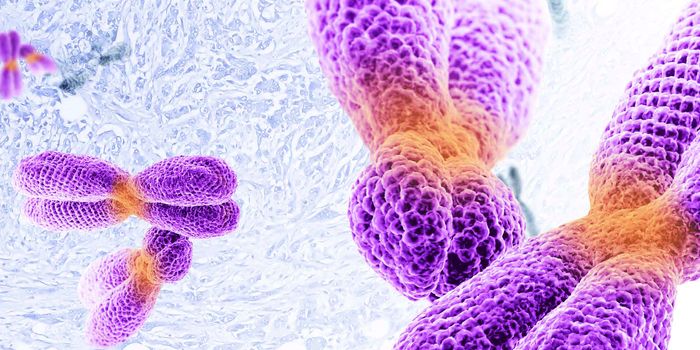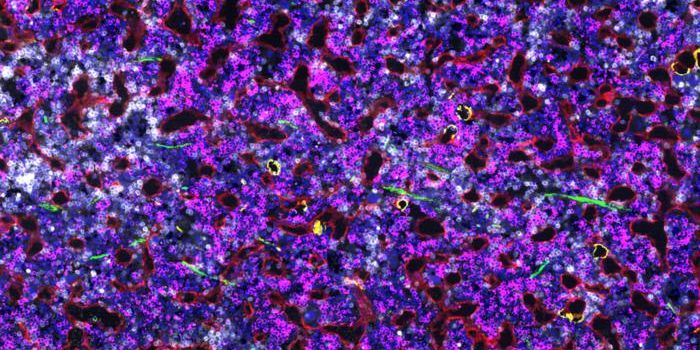Hypertension Drug May be Effective at Blocking Cancer
Calcium channel blockers are effective at reducing blood pressure, but new research suggest these drugs may also block cancer cell invasion.
The discovery that a previously approved drug may also have other beneficial uses is always a welcome one. When this happens, the testing and approval process could theoretically pass much quicker, lessening the cost burden while making the therapy more easily accessible to patients. As such, researchers have put renewed focus on finding new uses for old drugs.
This plan of attack was exactly how the team from the University of Turku, Finland landed on calcium channel blockers. In particular, the team found that these drugs, which are typically prescribed to treat hypertension, can block metastasis of pancreatic and breast cancer cells in culture.
“Identification of anti-hypertension drugs as potential therapeutics against breast and pancreatic cancer metastasis was a big surprise. The targets of these drugs were not known to be present in cancer cells and therefore no one had considered the possibility that these drugs might be effective against aggressive cancer types” said Johanna Ivaska, the study’s senior author.
When they investigated further, the team found that FDA-approved calcium channel blockers block the formation of filopodia - tendril-like structures that extend from the main tumor. These help the cancer cells gauge their environment and, if conditions are right, help the cancer cell migrate to new places.
“Myosin-10 expressing cancers have a large number of structures called filopodia. They are sticky finger-like structures the cancer cells extend to sense their environment and to navigate -- imagine a walking blind spider,” said Guillaume Jacquemet, the study’s lead author. The presence of L-type calcium channel blockers seem to inhibit these structures and stop cancer cell migration and invasion.
The results suggest a new clinical pathway by which scientists can target Myosin-10-positive cancers. Furthermore, it opens the door for future investigation of other relevant channels which may also have a function in cancer growth.
“Altogether we uncover a novel and clinically relevant signalling pathway that regulates filopodia formation in cancer cells and propose that cycles of filopodia stabilization, followed by maturation into focal adhesions, directs cancer cell migration and invasion,” the team wrote in their paper, published in Nature Communications.
However, before cancer patients can be prescribed calcium-channel blocker drugs like Amlodipine, Felodipine, or Nifedipine, they will have to wait for further validation studies. In the next phase, Ivaska’s team plan on testing the drugs in mouse models and combing through patient data. Promising results at that phase may then lead to clinical trials to confirm the safety and efficacy of calcium channel blockers in cancer patients.
Additional sources: University of Turku










